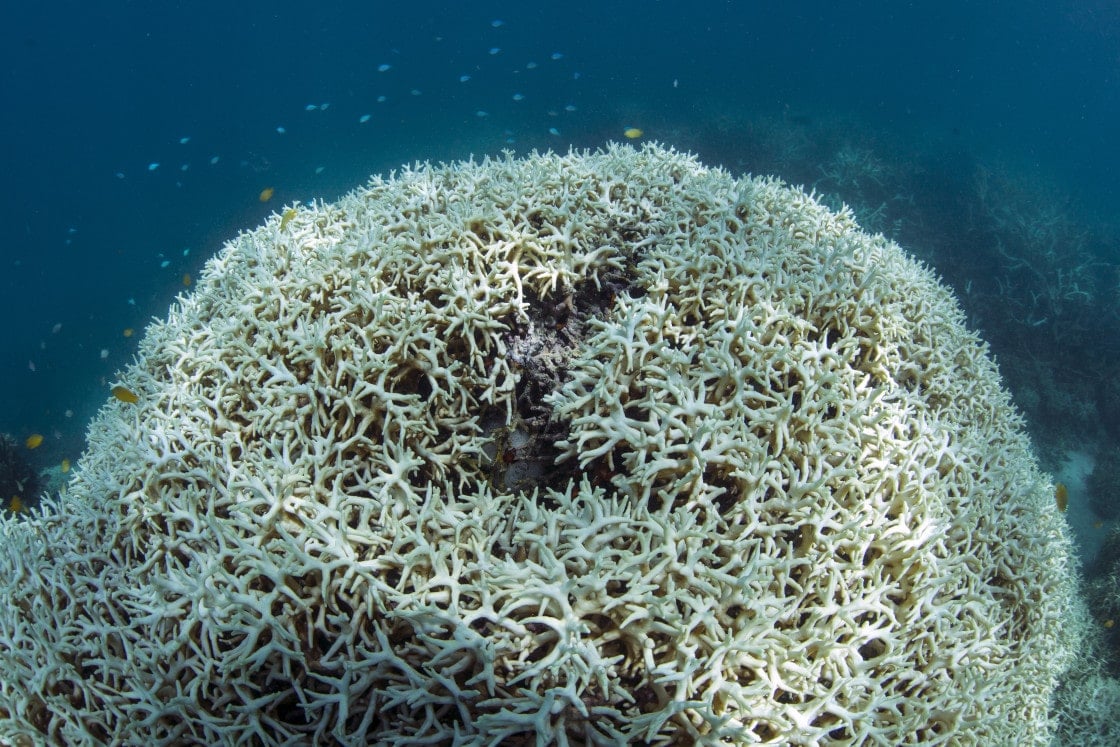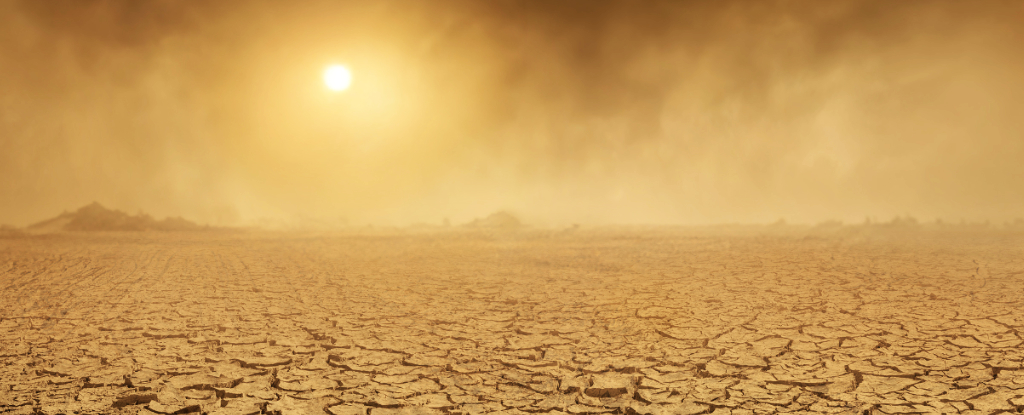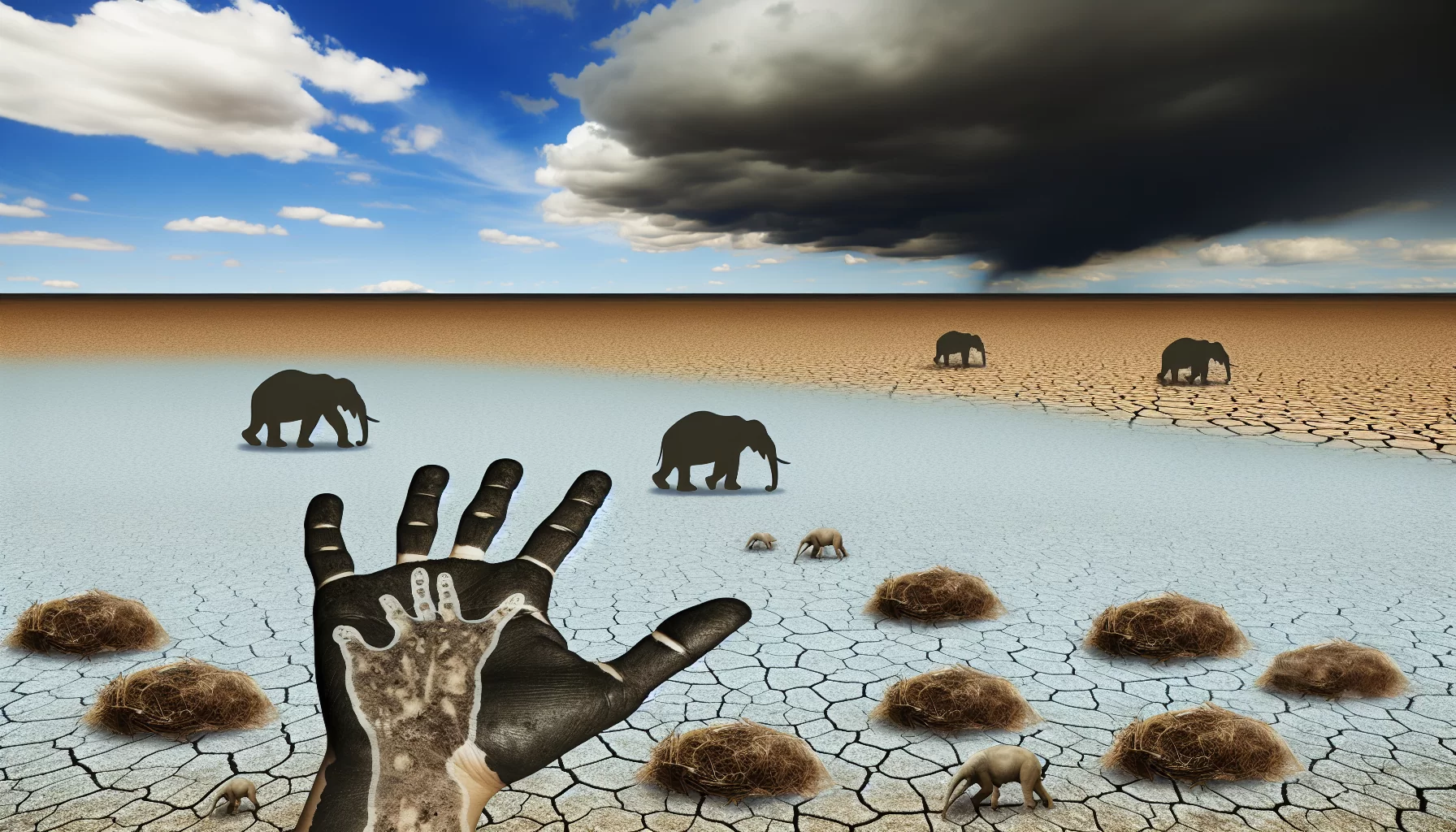
Nearly a third of fungi species assessed by international conservation experts were found to be at risk of extinction from threats like agriculture, deforestation and urban sprawl.

The IUCN Red List of Threatened Species is warning that over 44% of reef-building coral species globally are at risk of extinction.

This 'Great Dying' appears to have been driven by a complex series of incidents, with a new study finding prolonged, intense climate fluctuations not unlike modern El Niños almost undoubtedly made a bad situation a lot worse.

Around 20,000 years ago, mammoths and their relatives were relatively plentiful. By about 10,000 years ago, they were all but extinct, their disappearance shockingly sudden given the millions of years they thrived on Earth.

A recent study has shed new light on this topic, pointing the finger more directly at human activity as the major cause of this mass extinction.

A rare species of ray has been declared extinct after an assessment by an international team led by Charles Darwin University.

Earth's amphibians are being pushed closer to the brink due to habitat destruction, disease and climate change, with 41% of species now threatened with extinction.

Researchers note a "synchronicity" of geochemical signals suggesting that fragments of a comet struck Earth approximately 13,000 years ago.

Mounting evidence is pointing to the world having entered a sixth mass extinction. If the current rate of extinction continues we could lose most species by 2200.

Defined as the largest animals in the oceans, with a body mass that exceeds 45kg, examples include sharks, whales, seals and sea turtles - threatened marine megafauna, is facing extinction and we will face consequences.

A Caribbean island once full of lush trees and teeming with wildlife is nearly completely deforested and undergoing a mass extinction event. More than half of the country's species predicted to be gone by 2035.

Populations of mammals, birds, fish, reptiles, and amphibians have, on average, declined in size by 60 percent in just over 40 years.

Climate change is massively affecting the tiny creatures in Luquillo rainforest on the island of Puerto Rico in the Caribbean region. 98 per cent fewer insects are found there since the 1970s.

A group of industrial chemicals humans started banning decades ago could cause many of the world’s orca whale populations to collapse over the next century, an alarming new study has found.

A series of reports compiled by nearly 600 scientists meeting in Columbia paint a grim picture of the world at the end of the century, with human activities driving the sixth mass extinction in Earth’s history.